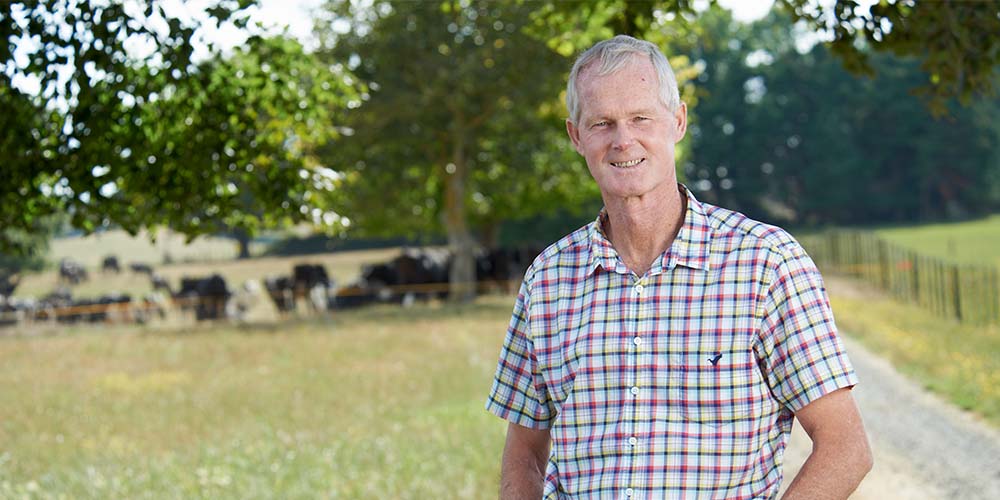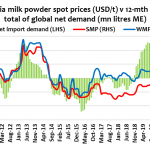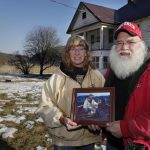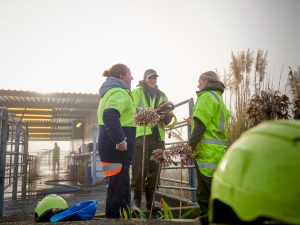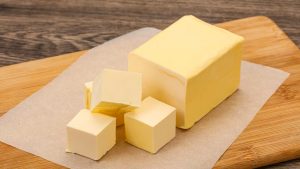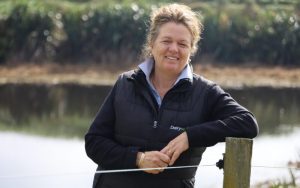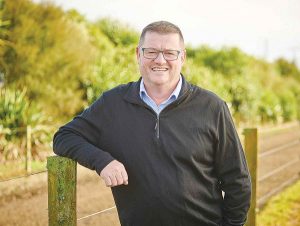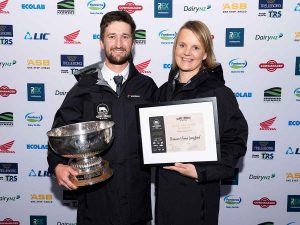
After a few years of spending above income the industry-good organisation is seeking farmer approval to extend the 3.6c/kg milksolids levy.
Van der Poel said spending was up around 4c/kg for the past three years and deficits have been funded from the balance sheet.
Since formation 12 years ago DairyNZ’s mandate has evolved from what was mainly research and extension into more advocacy, environmental, industry promotion and employment matters.
“Now we have to live within our means and we have surveyed farmers to confirm our priorities, being what is most important to them.
“In addition, we found out there was nothing that we are doing that they didn’t say was important.”
Three major work areas, farm systems and resilience, research and development and biosecurity (TBfree), account for 76% of levy expenditure.
Nonetheless, DairyNZ has heard a steady stream of complaints in two categories: first, that levies on milk increased considerably last September and, second, that work areas overlap with other agencies or are not in the best interests of farmers.
Van der Poel said the Biosecurity Response Levy for the dairy industry’s input to try to eradicate Mycoplasma bovis was collectively decided by DairyNZ, the Dairy Companies Association, Federated Farmers, Fonterra and Beef + Lamb.
Once approved as a government-industry agreement it was left to DairyNZ to action.
That levy was initially set at 2.9c/kg and has been reduced for the 2021 season to 2.4c.
DairyNZ is responsible for collecting the levy, via the dairy companies, but the money goes to the Ministry for Primary Industries.
“Dairy farmers had to be represented in that process and we had to step into that space,” van der Poel said.
“It ensures dairy farmers have a voice and DairyNZ sits at the decision-making table to ensure the money is well spent.
“But the introduction of that second levy does come with an element of confusion and we accept that.”
To dairy farmers who complained of duplicate services he said Federated Farmers is a broad organisation representing all types of farming and can take more extreme positions.
“Our advocacy role is science-based and backed by economics, coming up with solutions not just reactions.
“We have to ensure that new government policies are sensible and then we help farmers implement those policy decisions.”
An example is the changes the dairy industry achieved in the Zero Carbon legislation to avoid agriculture being included in the Emissions Trading Scheme and levies being imposed at all sites of processing.
“We were able to negotiate on behalf of farmers and split out methane as a separate greenhouse gas and get an agreed pathway called He waka eke noa – that was huge for farmers.”
“It is not always understood by dairy farmers the range of activities that DairyNZ carries out on their behalf although we do try to explain at every opportunity.
“For instance, they don’t know the depth of our water quality work or the effective advocacy we do on behalf of the industry.
“Also, some farmers have strong views on the right ways to farm, which DairyNZ should be promoting, but that is often confined to their farm system and inputs.”
DairyNZ has to provide advice to all farmers and its farm systems track begins with pasture first.
“We are not the regulator and nor do we want to monitor compliance.”
Regarding areas of overlap and therefore doubling of costs, he said independent studies have shown $15 of benefit for every $1 of levy spending.
Van der Poel doesn’t welcome the apparent standstill of the Parliamentary processes around Essential Freshwater or the suggestion nothing will progress until after the next election.
“If we can get the right outcome then it should be put to bed, otherwise is it going to keep coming back.
“Uncertainties create issues for farmers.
“We are all committed to improving water quality in a rational and scientific way.
“As long as we get policies that support those objectives then we support going on with legislation to create more certainty for farmers.”
